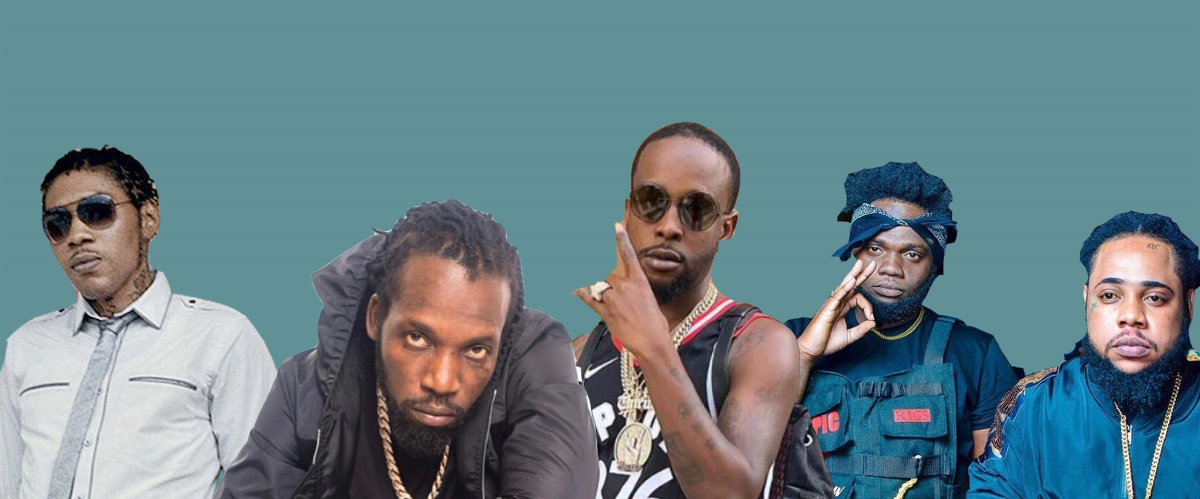Who Runs Dancehall?

(EDITORIAL) – Every now and again, we rehash this question because the fact is Dancehall’s potency is rooted in its competitive synergy. That may even be a topic for another conversation. But it’s clearly important, or we wouldn’t have this debate every couple of months.
Let’s see, who’s in the running right now. Popcaan? Alkaline? Vybz Kartel? The 6ixx? So imagine we held a great debate until we figured out which artiste runs the genre. Then what? Are we giving them an award? What are we doing here?
Competition is good for the genre, yes.
But suspend your counter-arguments, and imagine if we looked at this question another way. Music has been described as a kind of feedback of energy between the audience and the artist. So when we ask, who runs Dancehall? What if we consider that it’s between the artist and audience when it comes to who really decides the identity of the genre at the present moment.
Energy is something that we are still learning about, and if the genre is, in fact, a feedback loop of energy passing between the artist and the audience, then we have an intricate puzzle on our hands. A moving puzzle.
That’s the reason there is such a divide in this particular debate. At any given time, it can be said that both are responsible. But we’ve been itching for someone to blame for the dominance and glorification of violence in Dancehall for so long. So much violence is definitely not productive, so those who have a real problem with it are thinking that someone NEEDS to be held responsible. Some people are very sure it’s the artist, some people are sure it’s the audience.
It’s not fair to blame the sins of multiple groups on one. Record labels and media companies can hold some of that responsibility too. But let’s get back to us, let’s get back to the community that the music represents.
The relationship or the flow of energy between the artiste and the audience is complex. For instance, the artist often lacks the agency to do what they find interesting creatively, perhaps because of deals or teams and so on. Some artistes purposely choose never to exercise the power of creative freedom, and so they base their career on reading the room as we say.
From this reading, they create something that will match the energy so that the audience will engage them. That’s just the tip of the iceberg when it comes to variables.
A large portion of the audience also suffers from a dissonance with their own power.
Many of the same people who complain that Dancehall has too much violence are the same people listening to predominantly violent music. There are completely different sides to Dancehall that don’t get as much support as the “war” and “gun” chunes. There’s a ton of conscious Dancehall music, or what could be called reality Dancehall, but these don’t get the same support.
If you don’t like something, you’ve given yourself the responsibility of changing it. So if you don’t have a problem with Dancehall because you get some of everything you need and you know who and where to go to get it, then welcome.
But if you have a problem with what’s popular being popular, then the power is in your hands. Make an effort to search for the underrated music that speaks to something more “positive”. Take the time to find the artists, get familiar with the belly of the beast. Support it until it becomes popular. Do your part and invest in what’s good to you.
That’s that on the audience, but both parties need to wake up and use their power responsibly. Use them in active ways that drive the culture and the genre in the direction you want it to go. All parties that help to define the genre, all stakeholders of the music industry must understand their responsibilities in helping to develop the music. The fear is that otherwise, this cyclical torrent of energy will run the genre into the ground.
